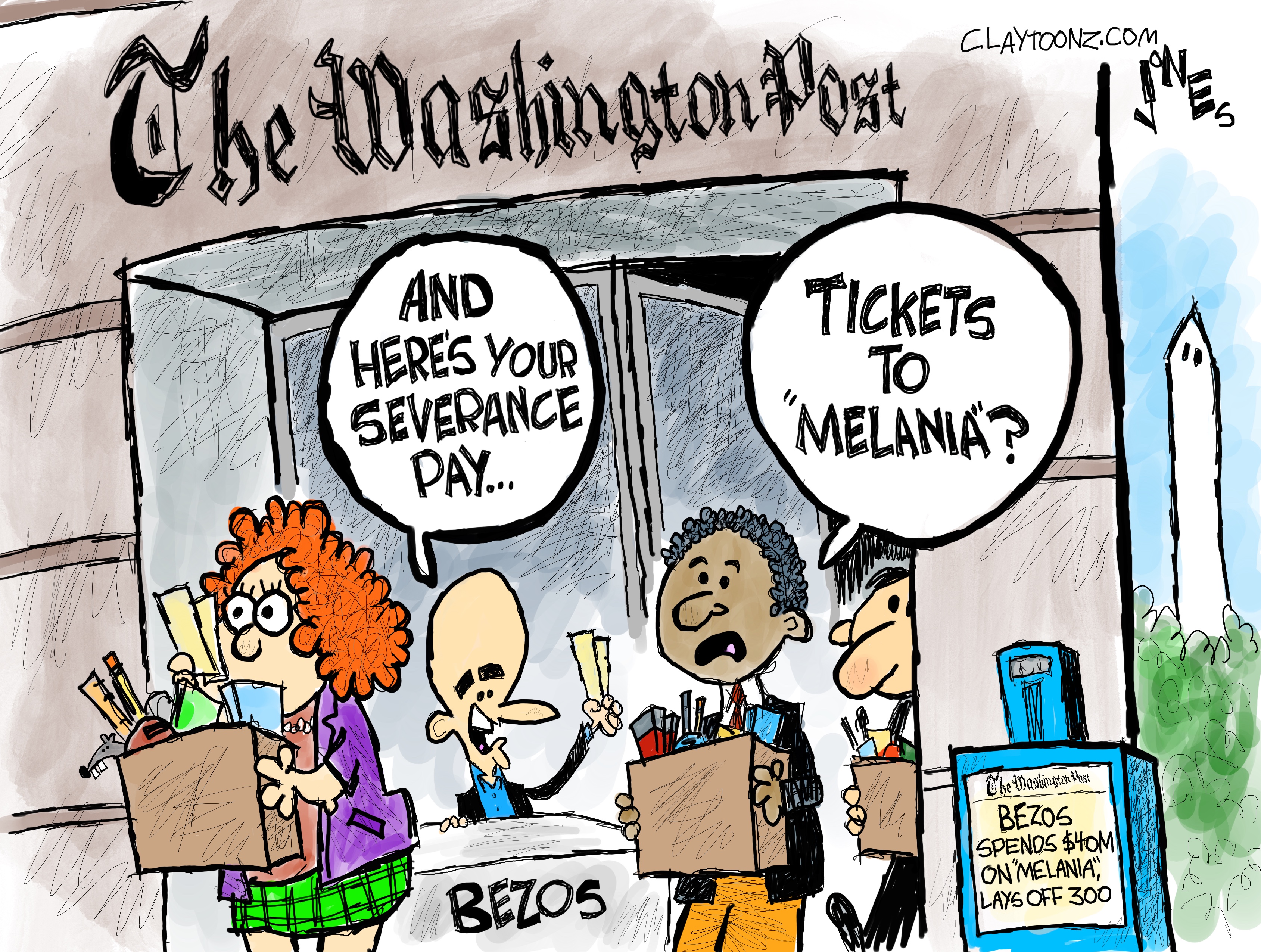How to put student loan payments on pause
If you are starting to worry about missing payments, deferment and forbearance can help


A free daily email with the biggest news stories of the day – and the best features from TheWeek.com
You are now subscribed
Your newsletter sign-up was successful
Sometimes, life gets in the way of making your student loan payments. Maybe you have faced an unexpected job loss that shrinks down your budget to the bare essentials. Or perhaps you are going back to school and need some way to put payments on pause while your income is, too.
There are ways to do exactly that — and lately, more and more Americans are taking advantage of options to press pause on the years-long venture that is paying off student loans. "Around 10.3 million borrowers were enrolled in a payment pause known as a forbearance in the third quarter of 2025, up from around 2.9 million during the same time period in 2024," said CNBC, citing data analyzed by higher education expert Mark Kantrowitz. Meanwhile, "another 3.4 million federal student loan borrowers had deferred their payments in the third quarter of this year."
What are your options for pausing student loan payments?
There are two ways to temporarily stop making payments on student loans: deferment and forbearance. These options are available for federal student loans, and some private lenders may offer them as well.
The Week
Escape your echo chamber. Get the facts behind the news, plus analysis from multiple perspectives.

Sign up for The Week's Free Newsletters
From our morning news briefing to a weekly Good News Newsletter, get the best of The Week delivered directly to your inbox.
From our morning news briefing to a weekly Good News Newsletter, get the best of The Week delivered directly to your inbox.
Deferment and forbearance "act the same way for private student loans: Interest always accrues, and you're always responsible for paying for it," said Nerdwallet. However, there are differences for federal loans: With deferment, "interest does not accrue on subsidized federal student loans and Perkins loans," whereas "interest accrues on all loans" with forbearance, said the outlet.
There are also differences in eligibility requirements, as deferment typically requires a specific qualifying event, such as being unemployed or attending school at least half-time. Forbearance, on the other hand, typically does not require such an event.
When does student loan forbearance or deferment make sense?
If you are starting to worry about missing payments, deferment and forbearance can help you "avoid the harsh consequences of falling behind," said CNBC. Pressing pause on this one particular bill can also "free up some cash to cover other essential expenses and give you some time to get back on your feet financially," said Experian.
There are also some specific life situations that allow you to qualify for deferment (which, unlike forbearance, can last longer than 12 months at a time and also stops interest from continuing to accrue). This includes if you are:
A free daily email with the biggest news stories of the day – and the best features from TheWeek.com
- Unemployed
- Experiencing economic hardship
- Attending school at least half-time
- On active military duty or in the Peace Corps
- Undergoing cancer treatment
- In an approved rehab program
Are there any downsides to pausing student loan payments?
While a pause can offer short-term relief, it is not a long-term solution. Put another way, "you may feel some relief in the moment, but your debt isn't going away," said Ramsey Solutions, a personal finance blog.
Additionally, "time spent in a deferment or forbearance can be incredibly costly," said CNBC. Since interest continues to accrue in forbearance, "a typical federal student loan borrower can see their debt grow by $219 a month in interest charges alone while they pause their payments," said the outlet. This can make the debt more challenging to contend with down the road, potentially interfering with other financial priorities, such as saving for retirement or a down payment for a house.
Becca Stanek has worked as an editor and writer in the personal finance space since 2017. She previously served as a deputy editor and later a managing editor overseeing investing and savings content at LendingTree and as an editor at the financial startup SmartAsset, where she focused on retirement- and financial-adviser-related content. Before that, Becca was a staff writer at The Week, primarily contributing to Speed Reads.
-
 Political cartoons for February 6
Political cartoons for February 6Cartoons Friday’s political cartoons include Washington Post layoffs, no surprises, and more
-
 Trump links funding to name on Penn Station
Trump links funding to name on Penn StationSpeed Read Trump “can restart the funding with a snap of his fingers,” a Schumer insider said
-
 US, Russia restart military dialogue as treaty ends
US, Russia restart military dialogue as treaty endsSpeed Read New START was the last remaining nuclear arms treaty between the countries
-
 The pros and cons of tapping your 401(k) for a down payment
The pros and cons of tapping your 401(k) for a down paymentpros and cons Does it make good financial sense to raid your retirement for a home purchase?
-
 3 tips to help protect older family members from financial scams
3 tips to help protect older family members from financial scamsthe explainer Prevent your aging relatives from losing their hard-earned money
-
 Saving for a down payment on a house? Here is how and where to save.
Saving for a down payment on a house? Here is how and where to save.the explainer The first step of the homebuying process can be one of the hardest
-
 What would a credit card rate cap mean for you?
What would a credit card rate cap mean for you?the explainer President Donald Trump has floated the possibility of a one-year rate cap
-
 Do you have to pay taxes on student loan forgiveness?
Do you have to pay taxes on student loan forgiveness?The Explainer As of 2026, some loan borrowers may face a sizable tax bill
-
 Planning a move? Here are the steps to take next.
Planning a move? Here are the steps to take next.the explainer Stay organized and on budget
-
 What should you look out for when buying a house?
What should you look out for when buying a house?The Explainer Avoid a case of buyer’s remorse
-
 What to look for in a reliable budgeting app
What to look for in a reliable budgeting appThe Explainer Choose an app that will earn its place in your financial toolkit
